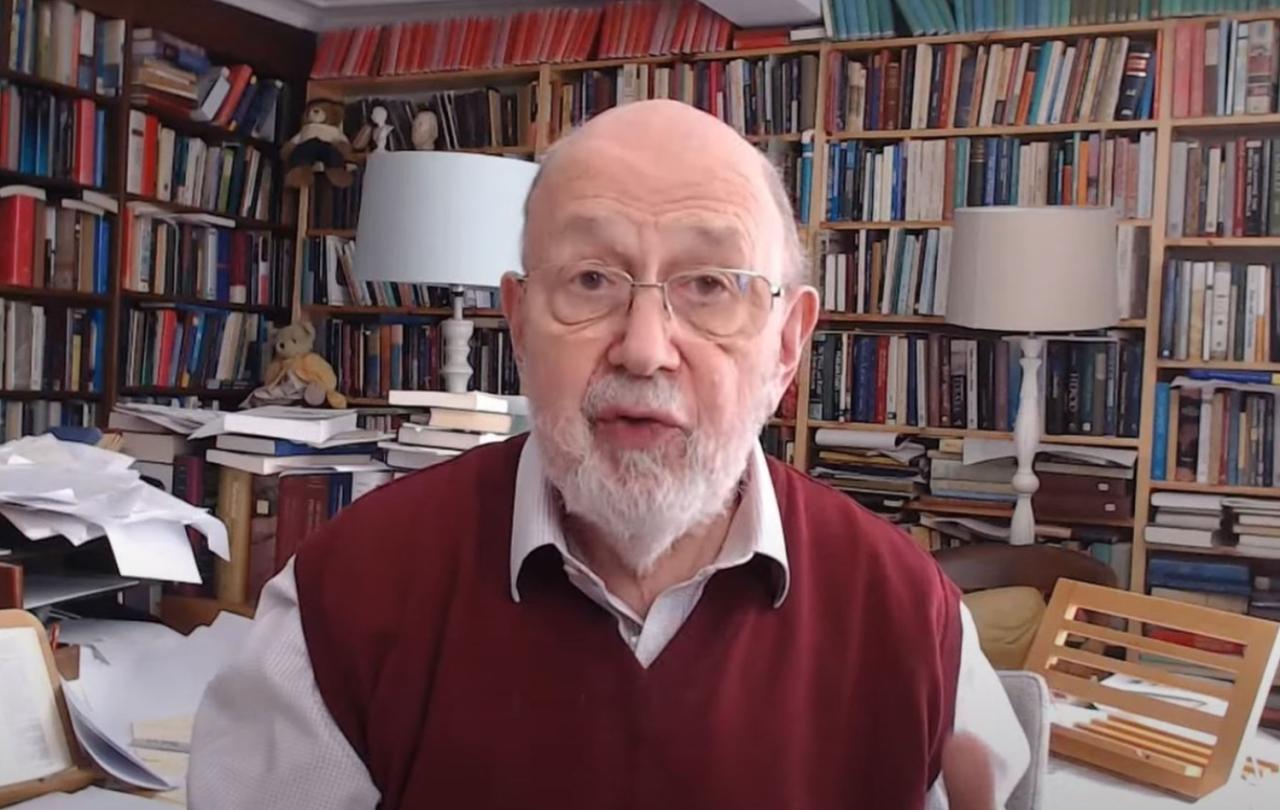Our son used to say that “home is where the dogs are”, as he was greeted by them. It’s a variation on “home is where the heart is”. Either way, it means that a sense of home isn’t just about place or geography, so much as family and, relatedly, the familiar.
If home were simply an address, candidates in an election campaign wouldn’t bother knocking on doors to meet people. To be familiar is to meet people where they are, circumstantially as well as literally on their doorstep.
To date, the solution to the refugee crisis has been to “stop the boats”, as if our principal concern is with rubber dinghies. We’ve still not addressed the people in those boats; we’re not familiar with them, their circumstances and motivations.
I’d hazard a guess that a common desire among those who flee persecution and mortal danger is something else associated with familiarity – a sense of belonging.
The refugee belongs nowhere, until she or he reaches a new and safe home. Indeed, all of us know we’re home only when we’re somewhere we belong.
Somewheres are rooted in place and community; Anywheres are footloose and and educationally privileged. To which I would add the global category of migrants, who are Nowheres.
This is Refugee Week (17-23 June) and Thursday 20 June is World Refugee Day. It’s theme this year is “Our Home”, which is why I started this column on the nature of familiarity and belonging.
Out of which arise two questions: Do I belong to this country? And does this country belong to me? The first is fairly straightforward in a practical sense – I have a British passport and pay my taxes here, so yes I do. The second question is more complex, more of which in a moment.
When it comes to sovereign governments, the questions move from first to third person. Do you belong to (or in) this country and does this country belong to you? Again, the first question is about paperwork. The second, however, becomes crucially about exclusivity.
Exclusive ownership reaches its abhorrent nadir in a BBC2 documentary this week titled Dead Calm: Killing in the Med?, which provides evidence that the Greek coastguard has been employing masked vigilantes to cast adrift landed refugees, including women and children, in international waters and, in some cases, to throw migrants overboard to their deaths. A story told alongside the capsizing, through incompetence or otherwise, of the rust-tub Adriana, in which more than 600 migrants drowned a year ago.
These are matters for international law. But it shows where treating migrants like cargo, rather than people, takes us. It’s a mindset that could start with repellent (in both senses) wave machines, as considered by a former UK home secretary.
None of which arises if the criteria of belonging are applied. Former Prospect editor David Goodhart famously wrote that a key electoral demographic could be defined in Somewheres and Anywheres. Somewheres are rooted in place and community; Anywheres are footloose and and educationally privileged. To which I would add the global category of migrants, who are Nowheres (see above).
The key here is having nowhere to belong. Former PM Theresa May talked of “citizens of nowhere” in 2016, but she meant globe-trotting tax-exiles and the like. I mean Nowhere people, with nowhere to go – and it’s toxic for all of us that there are so many of them.
This is where the question “does this country belong to me?” carries so much human freight (like a small boat, as it happens).
To belong is an atavistic human need. American psychologist Abraham Maslow’s hierarchy of needs places belonging and love as principal needs in his pyramid between basic physicalities (such as safety) and self-fulfilment at the apex. “Belongingness”, a sense of home, is vital for human stability.
This is where the question “does this country belong to me?” carries so much human freight (like a small boat, as it happens). Simply to repel refugees like they’re someone else’s problem is massively to miss a point, because they’re going to carry on looking for somewhere to belong. So they’re going to keep coming.
Maslow identified religious groups as one of those offering a sense of belonging. I would guess as much as two-thirds of the congregation I’ve looked after over the past decade came to church for that sense of belonging, which we’re called to offer to the despised and marginalised as well as the Somewheres and Anywheres.
Miroslav Volf has written here that “God created the world to live in it” and therefore, I contend, belongs to it. So we’re called to “live in more homelike ways”, which I define as a sense of familiarity and belonging. That’s the theology of it.
We are now facing the politics of it. Nationalism is not enough. We need leaders who can solve this at a global level, which is both a political and a theological imperative.
Perhaps a way of reframing my questions, in this Refugee Week as we ponder how to vote, is: “Do I belong to these politics? And do these politics belong to me?”

